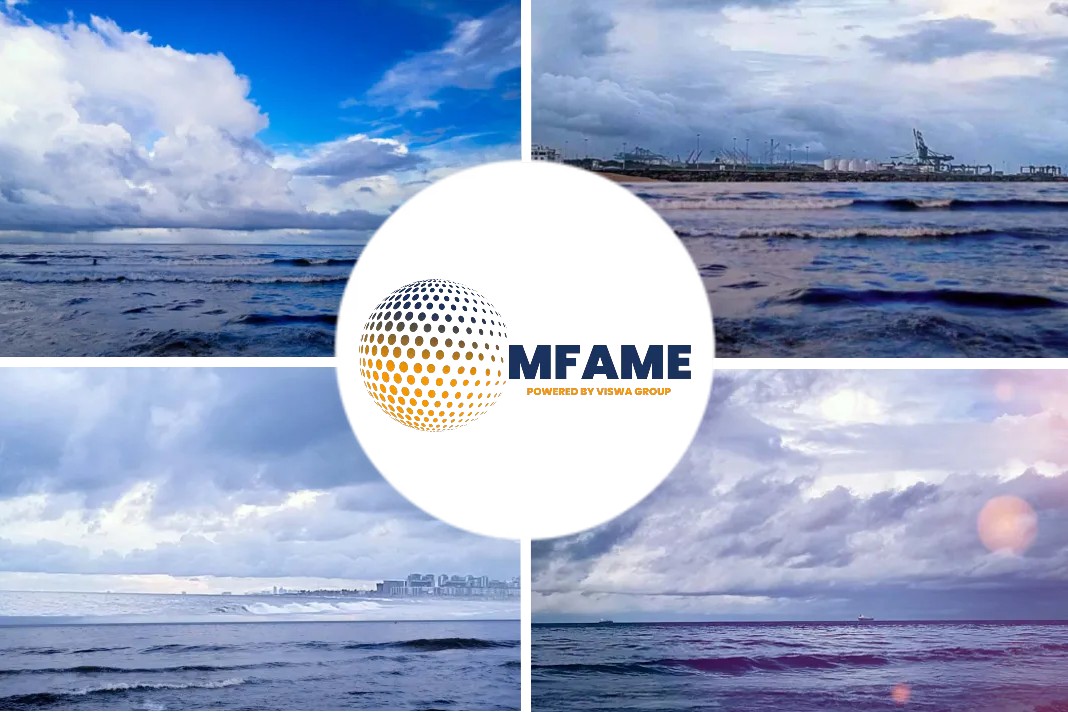
An international group of maritime industry partners are conducting a feasibility study with the aim to establish a commercially viable green ammonia ship-to-ship (STS) bunkering network on the U.S. East Coast.
End To End Supply Chain
The study, to be carried out at the Port of Savannah in Georgia, will cover the entire end-to-end supply chain of ammonia bunkering, which includes the development of a cost-effective green ammonia supply chain, the design of an ammonia bunkering articulated tug-barge (ATB), as well as related supply chain infrastructure. Ammonia, which does not emit CO2 when combusted, is considered a promising alternative marine fuel to help the shipping industry reduce its greenhouse gas (GHG) emissions. Ammonia produced solely from renewable sources, also known as “green ammonia,” is carbon-free.
“Ammonia offers shipowners and operators a zero-carbon, tank-to-wake emissions profile,” said Panos Koutsourakis, Vice President, Global Sustainability at classification society American Bureau of Shipping (ABS), one of the partners in the project. “Yet, we also recognize that ammonia presents a specific set of safety and technology challenges.” ABS will conduct operational risk assessment of ammonia STS bunkering and lead in the coordination with relevant authorities in the U.S. to establish port regulations and operational guidelines.
Port Of Savannah
The Port of Savannah, the third largest busiest gateway for containerized trade in America and home to Garden City Terminal, the largest single container terminal in the US, has the ability to serve numerous ammonia-fueled ultra large containerships (ULCS), which could lead to fast and high-efficient decarbonization in the container shipping industry. The rapid-growing port is advancing with its Big Bertha/Big Ship program to accommodate six 14,000 TEU vessels simultaneously by 2024, and is planning to add 60% more capacity by 2025. Savannah’s proximity to the Ports of Brunswick and Jacksonville. Danish shipping company A.P. Moller – Maersk will provide input specific to containerships and will work on development of safe and reliable ammonia bunkering procedures from an operator’s standpoint.
U.S. based TOTE Services will develop the ammonia bunkering ATB and procedures, leveraging its track record and experience in LNG bunkering in the U.S. The Maersk Mc-Kinney Moller Center for Zero Carbon Shipping will conduct well-to-wake lifecycle analysis of ammonia and support to establish standards for the use of ammonia as a marine fuel. Claus Winter Graugaard, the center’s Chief Technology Officer, said, “Enabling sustainable and scalable alternative fuel pathways is critically important for building confidence and investment appetite in fuel supply chains…”
Did you subscribe to our Newsletter?
It’s Free! Click here to Subscribe!
Source: Maritimeprofessional















